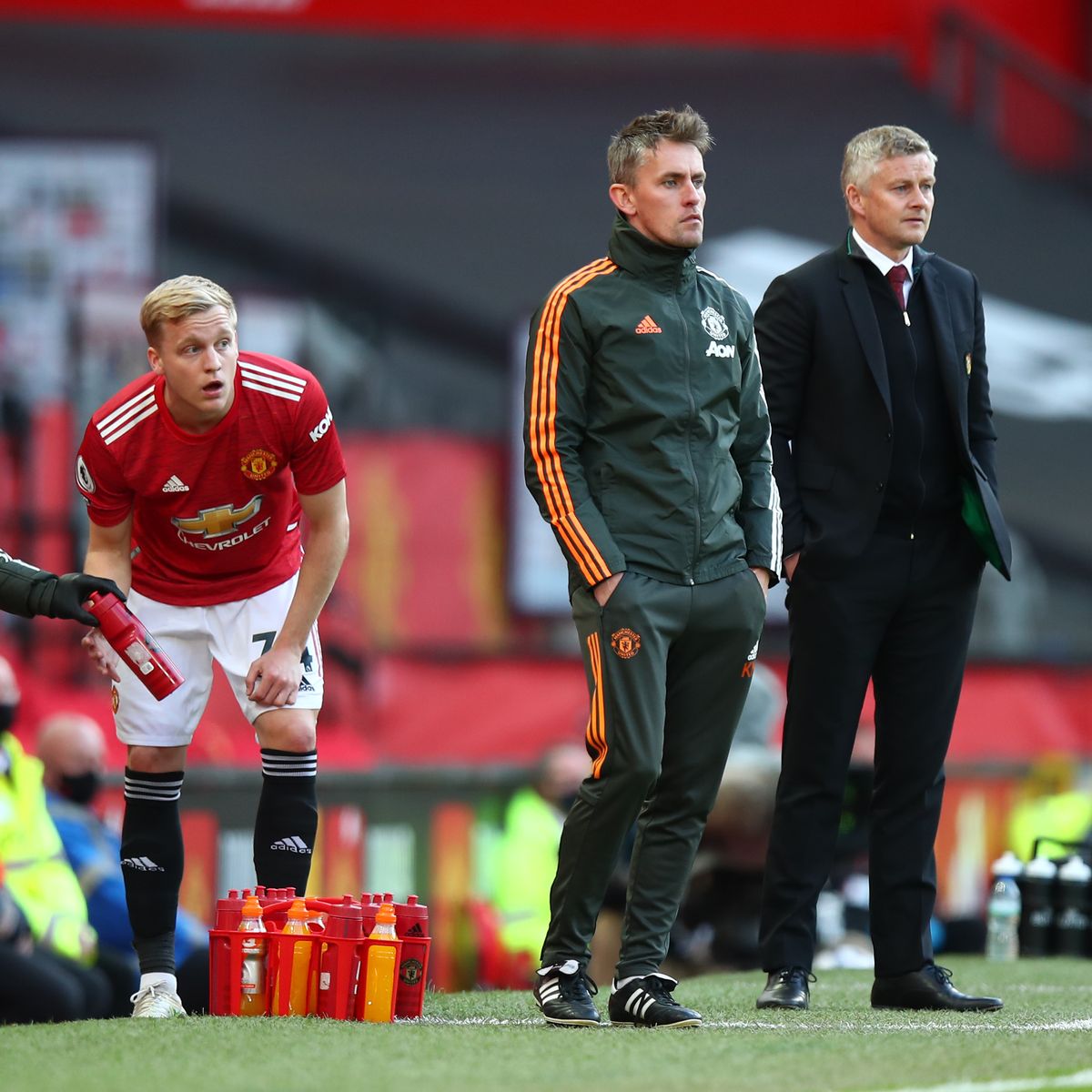
Playing soccer can teach children a lot. Soccer teaches children teamwork, how to score goals and how to be confident. They learn that losing and winning are not always the end of the game. Even though every team has their bad games, they are all good. Maybe that was because the opposing team played better. A kid can't appreciate the feeling that winning brings until they lose.
Beginner's soccer skills
Soccer is an extremely physical game, and one of the most important beginner's skills for kids is the ability to control the ball. You need to be steady and have good footwork. Soccer players must also be able receive a pass and make a precise pass. You can confuse the defense or open up an area of attack by making a quick pass. Pass the ball to your teammate if you see him open. For a perfect pass, use the inside side of your foot. Next, bend your knee so that your left foot is next to your right. With practice, accuracy and technique can be improved.
A good soccer coach will teach kids to work hard, but at the same time have fun. Children must be able to admit that they have made mistakes, but also learn from them. They will improve their skills faster if they are positive. They will be more able to learn quickly and develop confidence. The problem is that beginners often don't realize the amount of information they need until the game actually starts. This is a very difficult situation, because they will encounter many different opinions about the game.
Teamwork
Soccer is great for children's social skills and helps to build friendships. It improves coordination and helps children learn to work in teams. Even if your kid is shy, soccer can help him or her overcome it. Healthy competition is an essential life skill that children who play soccer can learn.

Your child can encourage teamwork by cheering each other on. Even if they fail to make a play, or score a goal in a game, it is important that they learn how to support their teammates. Encouragement can make your children more committed to the team and more motivated.
Goal-scoring
Goal-scoring skills are important for children who play soccer. Goal-scoring helps players improve their game and develops many other skills. For goal-scoring to be improved, it is crucial to practice various shots. As tennis players practice different shots, so soccer players should also practice how to score. The more they practice, they'll be better and more likely to hit a winner every time.
Ball control and dribbling skills are essential for young soccer players. They also need to learn how to create effective formations. They must also learn not to kick the ball off the field and hope for a lucky catch. This strategy can lead to a fast and exciting goal but also an unfortunate result.
Develop self-confidence
Soccer coaches can help you develop self-confidence. They can tell you that you're valued as a soccer player. It's important to know that you are valued, and you should love yourself. This is the first step towards building confidence. As you play more, your confidence will grow. You'll love it, and so will your coach.
Soccer is a sport that requires you to overcome your insecurity. Although some people react negatively when they lose, top athletes learn from their mistakes to improve. Instead of feeling defeated or helpless after a defeat, top athletes assess their strengths and make a list.

Developing social skills
A recent study investigated whether social development in soccer was related to experience. The researchers found no significant difference in social development of players from the two groups, although there were significant differences in skill levels. Researchers suggested that future research could include a strategy to evaluate players' social development. Playing sports requires social skills. It will increase the chance of success for athletes.
Researchers discovered that children with Autism Spectrum Disorder might benefit from playing group sports. They wanted to gauge the social skills 13 autistic kids who took part in a football program. The children were evaluated on their social skills in a variety of contexts. The study revealed that participation in a sport can help children with Autism Spectrum Disorder to improve their social skills.
FAQ
What is a penalty shot in soccer?
Penalty kicked are when a player is found guilty of a serious or dangerous offense. The referee will award the opposing team the penalty kick if this happens. This is a penalty kick that gives the opposing player a chance at scoring a goal if they can place the ball in the goal before time runs out.
What is a soccer field?
A soccer field is a rectangular, grassy surface divided by a crossbar. The attacking area is where the offensive side tries scoring goals. The defensive zone is the other half of the field, and it's where the defense team defends against offensive attacks.
What is a corner kick in soccer?
Corner kicks are where the ball is kicked to the goal from the sideline of the field. These kicks are often taken by players on the wing (or side) of the pitch. The goalie runs towards the penalty box and takes the shot. Corner kicks are one of the most exciting parts of soccer because they lead to scoring opportunities.
Statistics
- The Laws of the Game do not specify any player positions other than goalkeeper, [74] These positions are further subdivided according to the area of the field in which the player spends the most time. (en.wikipedia.org)
- From the 1850s onward, industrial workers were increasingly likely to have Saturday afternoons off work, and so many turned to the new game of football to watch or to play. (britannica.com)
- Get 10% off your first purchase using code BLOG. (technefutbol.com)
- the estimated cumulative television audience for the 2006 World Cup in Germany was 26.2 billion, an average of 409 million viewers per match." (en.wikipedia.org)
- The word "soccer" is a British invention that British people stopped using only about 30 years ago, according to a new paper by University of Michigan professor Stefan Szymanski. (businessinsider.com)
External Links
How To
How to play football
Soccer requires that you have excellent skills like dribbling and passing, shooting, heading, tackling and so on. You should always try to improve these skills. The most important thing to do is practice them everyday. These steps will teach you how to properly play soccer.
-
Practice dribbling. You can practice dribbling on the field until it becomes natural. You should practice dribbling in 5 minute bursts. Once you feel comfortable with dribbling, increase the duration to 10 minutes. You can continue practicing this technique each day.
-
Practice passing. Practice passing the balls in front of and behind your eyes. Pass the ball to the correct person. Do not throw long passes. It's much better to direct the ball to the player who is in need. This will save you time and keep your body warm.
-
Practice heading. You need to be able place the ball in the net perfectly when you are heading. To achieve this aim, you must first practice getting yourself into position. Keep your back straight and face the target. Next, bend forward and place the ball under you chin. Next, lift your head and gaze towards the top left corner. Your eyes should be directed straight ahead. Stand up straight and let the ball go.
-
Do some tackling. Tackling, which is the most difficult technique to master, can be very frustrating. When you get it down, however, it can make football much more entertaining. Begin by covering your chest and shoulders with your hands. Don't try to go lower. Remember to keep your arms straight and your legs together. A small group of two players is the best way to attack. One player acts as a defender and the second is an attacker. The attacker should be tackled immediately after he has passed the defender.
-
Practice shooting. Shooting is a difficult skill that takes practice. You will need to find a spot that you can shoot comfortably from. Next to the goal. Then, focus on your form. Hold the ball between your hands, keeping it away from your body. Point your toes towards the sky by bending your knees. Make a circular motion with your wrist to shoot the ball. The goal should be in the lower right corner.
-
Run. Running takes time to master. Slowly build speed and start slow. Running should never be used as a means of attacking because it will tire out your muscles. Instead, help your teammates by running towards the goal.
-
Practice kicking. Kicking is a skill that can be learned quickly, but can also be difficult. In order to kick accurately, you need to develop strength in your legs and core. Stand with your feet together, and lift one leg at time. Slowly kick with your heels the ball towards you.
-
Do it again. This skill is essential to becoming a great player. Dribbling allows you to control the pace of the game. Without it, the opposing team would have no trouble catching up to you or even overtaking you. Consistency and consistency are the keys to mastering dribbling. Don't try to change your dribbling every day. Stick to what works for you.
-
You can practice free kicks. Free kicks are usually delivered after a foul or when the goalkeeper commits a mistake. You can score goals with free kicks without needing to play the whole match. It is a good idea to aim for the corner of the goal. Remember to always use your instep and not your heel.
-
Practice defending. Positioning is the key to defense. Playing defense means staying close to your opponent. You can block the opponent's path to prevent him scoring if he gets the ball. Always keep your safety in mind.